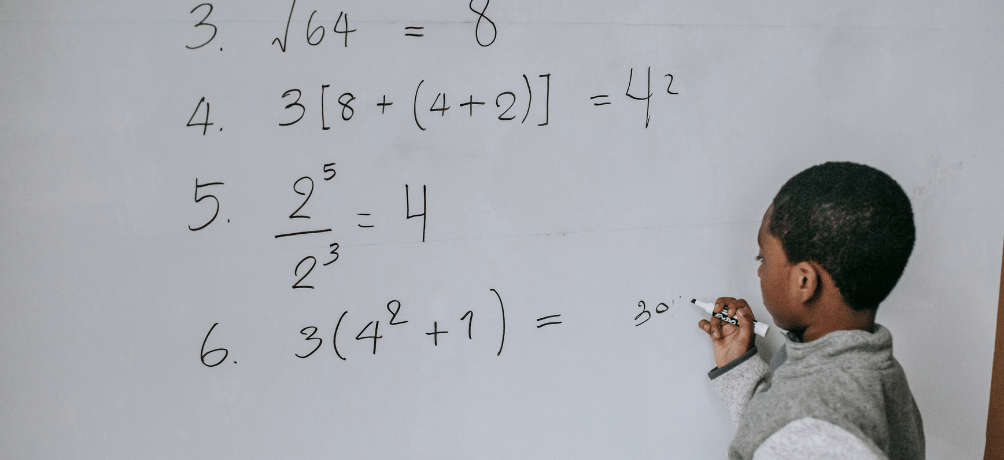Five Issues That Cause Students to Struggle with Math
By Huntington Learning Center
Math is a subject that comes relatively easily to some students and causes a lot of stress for others. Knowing the cause of a student’s math struggles isn’t easy to detect for most parents.
While there are many complex, multifaceted reasons students struggle with math, students often grapple with many of the same things. Here are a few of the most common issues:
- Missing building blocks – Math is a subject that is cumulative in nature—meaning, every type of math builds upon some prior skill or understanding. So, if your child is lacking some basic knowledge, more advanced math will become difficult, if not impossible. This might be the fifth grader who still doesn’t have their multiplication facts down. It could be the ninth grader who never grasped how to compute the area of shapes in middle school (and is now lost on how to apply the Pythagorean Theorem to determine the lengths of sides in a right triangle). Missing building blocks of knowledge can cause big issues as school progresses and becomes harder.
- Abstract concepts can be hard to grasp – For many students, the problems begin when math moves from concrete to abstract. It’s essential that students possess the prior knowledge needed to use concrete approaches to solve abstract math problems. But as math becomes less tangible and more conceptual in nature, it can also become trickier for lots of students.
- Weak conceptual understanding – Research has actually shown that students who have good conceptual numbers sense are stronger in the math overall. In other words, students who focus largely on memorization are less likely to be able to recall information and apply knowledge to new and unfamiliar problems. Thoughtful interaction with numbers is critical for higher-level math, but many students do not do this (and do not even know how).
- A need for a fresh approach – No two students learn exactly alike and sometimes a teaching approach or math subject just doesn’t connect for a student. Today, for example, there is some discussion that the traditional sequence of high school math might need to be reordered, as has been tested recently in states like Alabama and parts of California. The point: there is room in math for students to learn things in a different sequence and/or to learn alternative strategies for solving problems. This develops deeper understanding and allows for students to become comfortable with what works best for them.
- Insufficient practice – This is a reality of the modern classroom. While some students get math concepts quickly, the students who need more time to grasp them often get left behind in a fast-moving classroom setting. That lack of practice means students often do not fully understand math concepts and units before their teachers move on to new ones.
Do not wait to get help if your child is having math trouble. The reality is that math is a hard subject and many students struggle with it at some point during their educational experience. If your child needs help, contact Huntington. Whether your child is in elementary or high school and math is a recent or longtime trouble spot, we can help them rebuild their skills and confidence.

